The totally unnecessarily whimsical structure of this update from my Médecins Sans Frontières wandering may make no sense at all if you’re not an Alice in Wonderland afectionado. Vast apologies. If you fancy trying to make sense of it, the disturbingly useful reference of Wikipedia might help.
Published with permission from Médecins Sans Frontières.
Down the Rabbit Hole
Through emergency medicine and primary care positions in remote Australia, during the Ebola outbreak, and as I’ve twice travelled to Lebanon as it hosts refugees of the Syrian war, I’ve amassed collections of reflections, philosophical bites, ethical debates, news articles and opinion pieces disseminated without system across computers, phones and notebooks. Forever fancying the day when I will be organised enough to collate them.
It seems the deeper and longer I’ve wandered into this disaster and humanitarian medicine, and latterly Médecins Sans Frontières (MSF) world, the richer the tapestry, the greater the shades of grey, and the harder it is to pen something I hope to be readable.
I knew it would be remarkable ‘down the rabbit hole’ but I suspect I underestimated the magnitude of the world to be found there.
The Pool of Tears
There’s an inability to understand how anyone at all cannot see what you see when they look at the refugees, giving rise to anger at the disconnect between what is reported though many sources and the reality you confront.
There’s a drive to do more, to do better, to improve the clinical care, the set the systems to endure beyond your tenancy.
There’s incredible power in the connection with those sharing the experience around you, no matter how transient.
As a one off, an MSF position is a significant experience. Yet as my second mission (a term I still dislike, but it is common usage) comes to a close and the turn around before my third is quick, it is the multiplying effect of these that is striking.
Tears are rare. Alcohol-sodden, frustrated rants, however, are quite in vogue.
“I’m tearing up,” a colleague said apologetically to me late one night discussing friends lost.
“Go on with you. A bit of emotion is okay,” I countered.
He hit the nail on the head with his wry reply: “Inebriation is not an emotion”
The Caucus Race and a Long Tale
While the war in Syria and the various factions involved have started to make some sense to me over the past year, the persisting Palestinian displacement is far outside my grip. I’ve a tentative, shallow understanding, and am forever pressing colleagues for a more nuanced perspective. Nonetheless, thus far, I’m pretty much just ignorant.
For all intents and purposes, a balance of Palestinian factions governs the camps, with services provided by the United Nationals Relief and Works Agency (UNRWA). Lebanese water, electricity, governance and security stop at the entrance. For the Syrians there is inexpensive housing, and an enclave of sorts. Yet another population shift in this oddly absorbent, power-sharing society where each segment seems to fear the other in the most unexpectedly peaceful way.
The needs are immense. Patients waiting for our NCD clinic, paediatric clinic and women’s health centre pour down the stairwells of the structurally dubious concrete makeshift blocks. Yet MSF are ‘on it’. Forever assessing the needs and looking at ways we can meet these further. Certainly everywhere you look for need you find it.
My quotable colleague calls it “walking into the ocean to try to hold back the tide”.
The Rabbit Sends a Little Bill
The greatest pleasure of this has been working with a fairly inexperienced but incredibly keen and energetic Health Promotion team, planning activities, encouraging their role as a cornerstone of NCD care, and facilitating education sessions.
The second striking privilege has been meeting with members of the community of another camp, Bourj el-Barajne, to explore the role we may have there. This has brought me back to one of the passions of last year - health care for the elderly in vulnerable situations (1). In this setting it is Palestinians we are talking to, rather than Syrians. Following on from foundation meetings, I spent time in the homes of some of the original 1948 refugees in the labyrinthine depths of the camp assessing the needs of patients. Immensely struck by the grace and resilience of this lady, an uncertain amount of years over eighty.
Advice from a CaterpillarAs the Syrian conflict ticked over into its sixth year, I furiously typed my frustrations to a friend much wiser than me who works in a similar field from a breakfast room in Brussels. Struck by the worsening mess and frustrated at the world’s indifference. Wondering at how the Syrians will find a way forward wedged between the devil and the deep blue sea, for who would choose either Assad or the Islamists? It strikes me that we, as that somewhat nebulous ‘global community’, have stood by and watched yet another massacre. How many times has the world reflected on events such as Srebrenica, previously impotent heads of state gathering at remembrance ceremonies exhorting all to never let such things happen again? Yet we do. And then again, we do. Two weeks later my friend returned that he'd delayed his reply hoping for a bolt of optimism or inspiration that didn't come. |
Pig and Pepper
| The refugees too get frustrated. Despite indisputably being grateful for the services we provide, we see moments where the wait is too much for them, or the change to a medication different to one they're familiar with is difficult to accept, or they are hoping for a service that is outside our scope. Health care in Syria was reportedly good. People have lost a lot. Comparative experience is compelling. The magnitude of loss must be considered if we’re to empathise at all with the refugee’s experiences. I’ve listened in turn to staff who are exasperated at what they then perceive as lack of gratitude on behalf of the beneficiaries of our programs. Absolutely appreciably, sometimes these are staff that have had experience in contexts of very different needs, such as nutrition programs in African famines; triaging need according to their previous frames of reference. Yet, remembering a night in London's West End, a theme song started playing in my head… :-) | Do you hear the people sing? |
A Mad Tea-Party. The Queen’s Croquet Ground.
Ordinary people have been killed, displaced, lost and broken. Young girls have been married even younger than before out of family’s concern for their safety. Children have missed years of school. Health structures have been decimated.
The life of someone displaced has no perceptible future. The Hatter’s eternal teatime. Or "off with their heads".
The Mock Turtle’s Story.
Yet it feels like the beginning. There’s so much to be done. A continually unrequited hankering for a life fully lived. Fascinated by each and every opportunity that unfolds. Forever humbled by the privileges freedom and education bring.
Lobster Quadrille.
“I’m not sure I’m all that grounded?"... …
“Aye”, my quotable friend nodded, “but did you ever see a bird that said, ‘let’s walk there?”
The ludicrously self-indulgent moments when we are grateful to relax into shared perspective.
Who Stole the Tarts?
As the European Union fails spectacularly at it’s first significant hurdle, and UNHCR and MSF respond by withdrawing lest they be accomplices to refoulement, I’m reminded of the importance of témoignage.
Alice’s EvidenceBenjamin Franklin said, ‘either write something worth reading or do something worth writing’. I’m preferencing the latter, determined - or perhaps arrogant enough - to believe I can do something worth doing by a standard of my own setting. As Alice was unafraid and refused to leave, so too for now the rabbit hole of front line MSF work, a reality further removed from that of many of my peers and family that I perhaps anticipated, holds sway. A determination to play out a role in the lives of those most removed from a resource I adamantly believe they should have access to. Healthcare. Excellent quality healthcare. Next stop South Sudan. Many friends and colleagues have commented on the recurrent exposure to grief and the risk of despondency. Absolutely the task is immense. This is the nature of health care. It is at once a need that will never be met yet also a field where practical action has an immediate effect. These days, amidst the political quagmire, it occurs to me that the privilege of practicing medicine is what saves rather than disheartens me. Yet happily, like Alice I have a sister who will be waiting on the riverbank when the curious happenings require reflection. And a playful niece to brush the leaves from my face and order me toward the adventure of her choosing. |
About The Author
| Amy Neilson trained as an Australian generalist, obtaining Fellowship of the Australian College of Rural and Remote Medicine (FACRRM) with Advanced Specialised Training in Emergency Medicine and Fellowship of the Australasian College of Tropical Medicine (FACTM). In Australia, she works as a rural or remote emergency doctor, and holds specialist general practice registration. Amy's interest is in the optimal delivery of health care to complex populations in great need and in the ethics of the delivery of this care. Amy worked in Sierra Leone with the International Federation of the Red Cross during the 2014-2015 Ebola outbreak. She has since worked with Médecins Sans Frontières in Lebanon, South Sudan and Syria. |

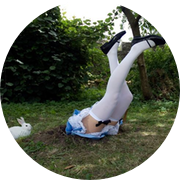
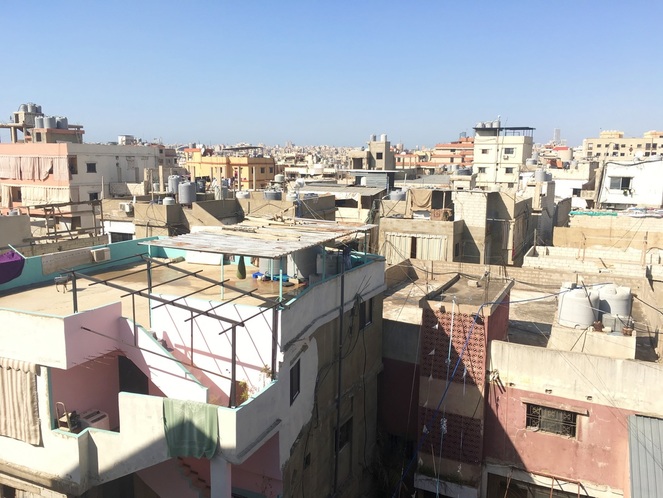
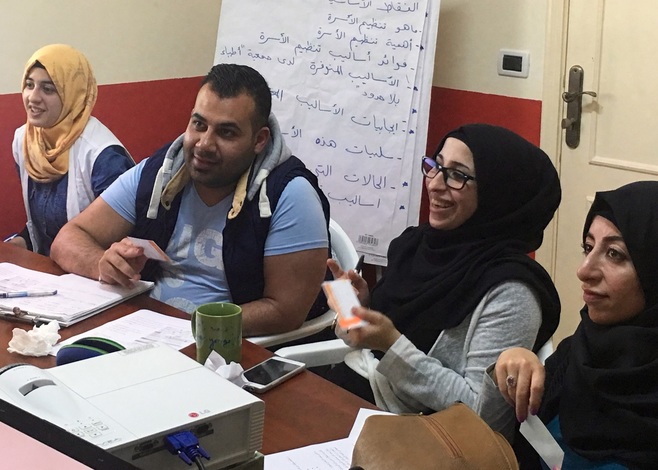
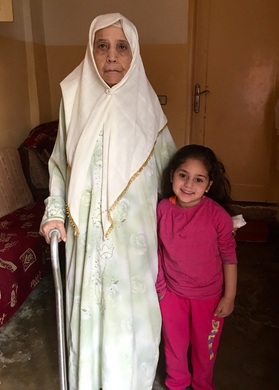
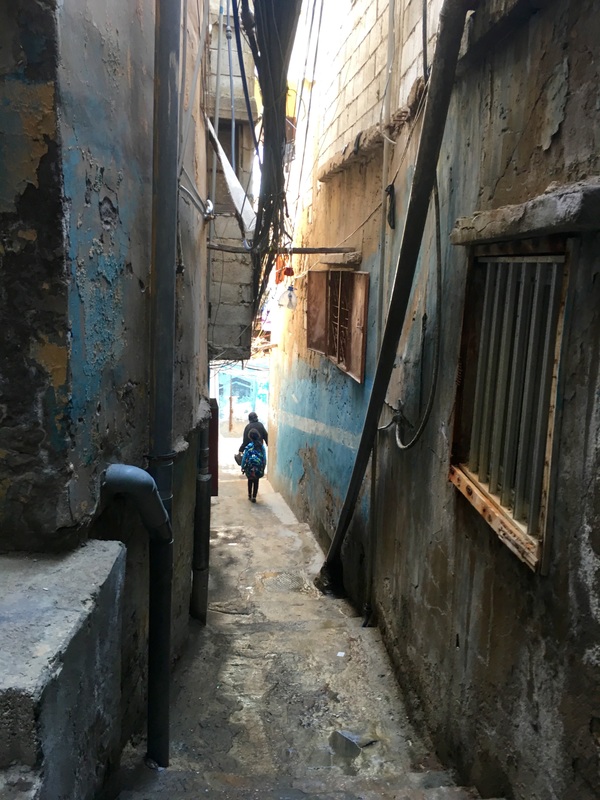
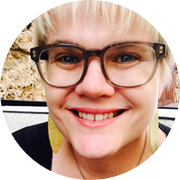
 RSS Feed
RSS Feed
